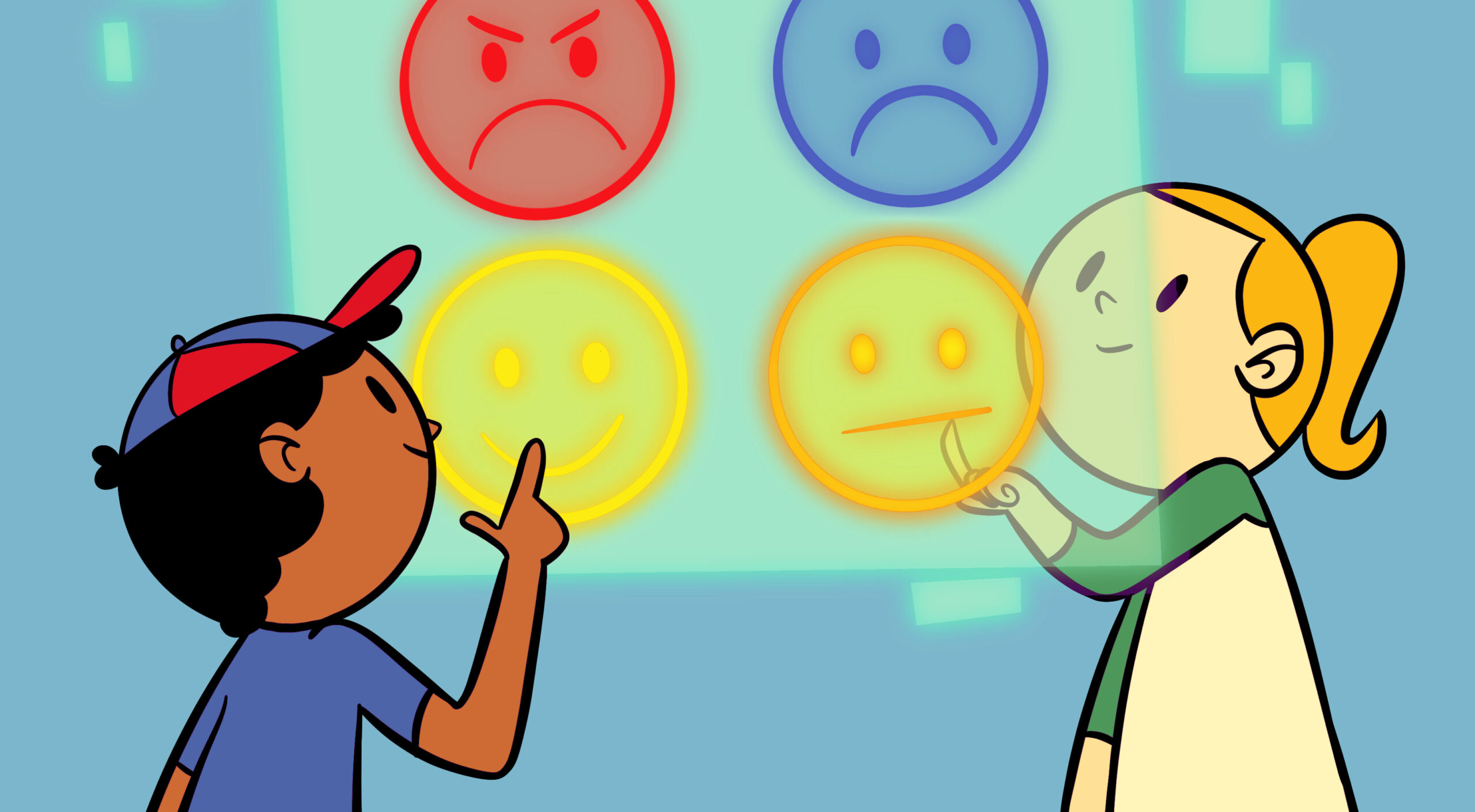
Friday April 14th @ 10am on ZOOM
In recent years, issues with the social skills in children have increased (e.g., bullying, difficulties with socialization, social distancing), which can lead to mental health issues in later life. While some early childhood development researchers link these challenges to growth in children’s use of technology, computer science researchers highlight the potential of games and VR as a an effective tool to develop empathy. Ekaterina’s interdisciplinary research contributes to the exploration of this dilemma, and focuses on exploring ways to design empathy games.
This talk will introduce the audience to concepts of empathy, briefly describe traditional empathy development tools, the current challenges related to them, and discuss the ways in which games and technology can help. In particular, Ekaterina will discuss how virtual reality technologies can be used to create empathic game experiences that can help children to understand and address the emotions of others. She will also discuss the effectiveness of such games in creating social presence, and opportunities to transfer knowledge to real life scenarios.
She will conclude her talk by outlining related open research avenues in the fields of game design, human computer interaction, educational technologies, affective computing, mixed realities (VR/AR), and social and developmental psychology. This research seeks to find new working solutions for current societal problems related to empathy, social skills development, conscious communication, and constructive conflict resolution for adults and children.
Biography:
Ekaterina Muravevskaia’s alma mater was Moscow State University of Printing Arts (Russia), from where she graduated in 2008. Then Ekaterina worked in the IT Industry as Business Analyst, Project Manager, Designer, and UX Researcher for five years. In 2013 she returned back to school and in 2014 received her M.Ed. degree in early childhood development from Manchester University (UK). In 2015 she obtained a computer science MS degree with a focus on Digital Production Arts and Human-Centered Computing from Clemson University (USA), where she studied as a Fulbright Scholar. She received her PhD in Human-Centered Computing from University of Florida in 2021. Currently, she serves as an Assistant Professor at Amrita University (India), where she conducts research with Indian school children in order to explore how empathy games can vary within different cultural contexts. Her research interests relate to empathy development, conscious communication and social-emotional learning. Her work has been presented at national and international conferences, including IDC, IEEE VR, CHI Play, Game-Based Learning, and published in scientific journals, such as International Journal of Child-Computer Interaction.
